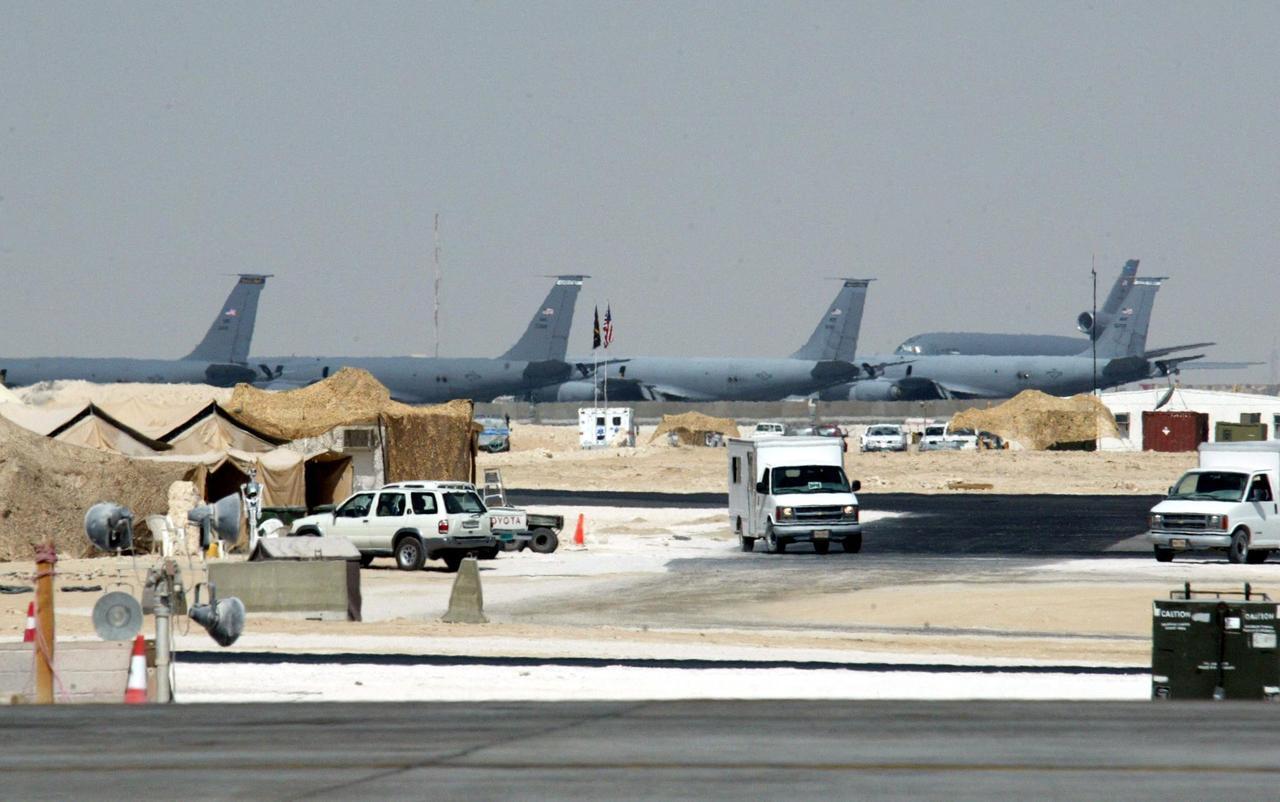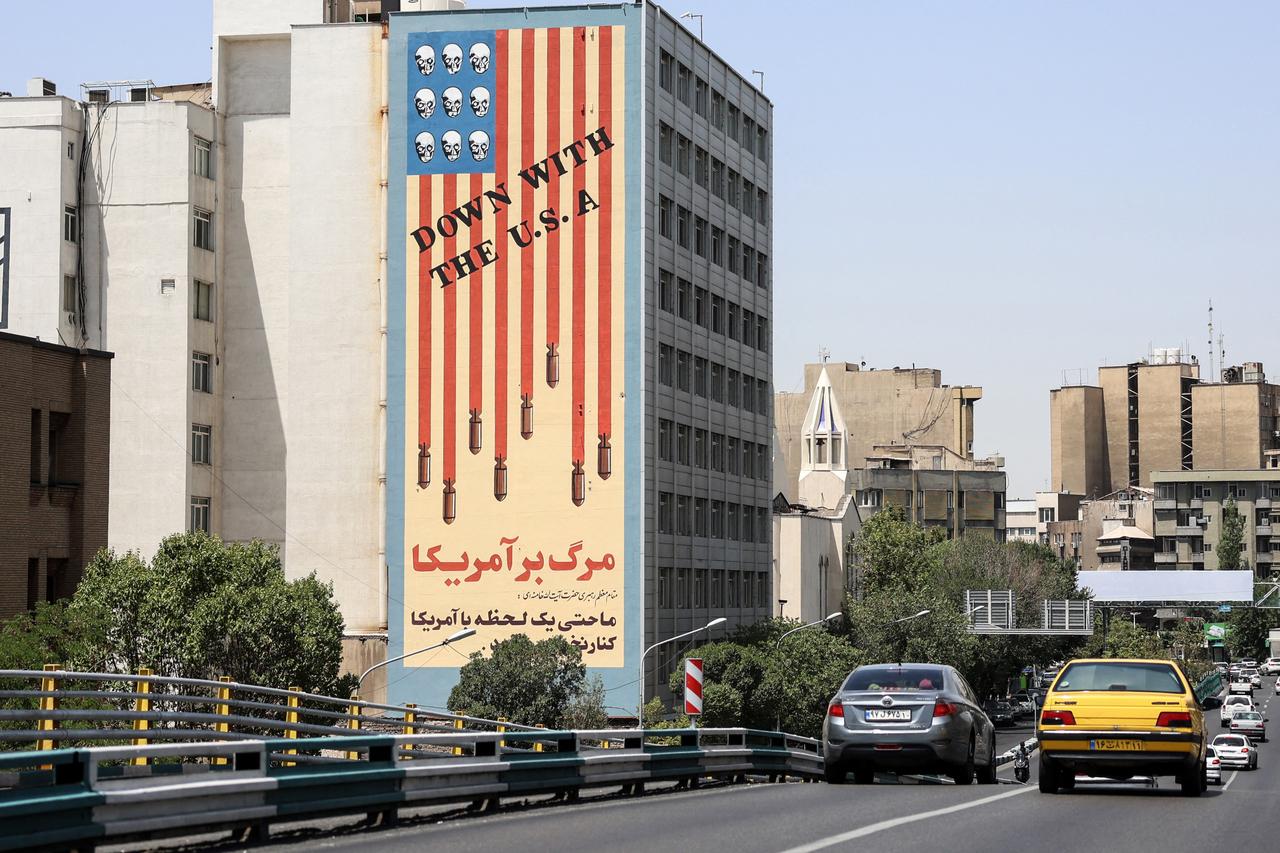
Iran's President Masoud Pezeshkian told Qatar's leader Tuesday that his country's missile attack on a U.S. military base was directed at America's involvement in Israeli operations, not at Qatar itself, following a diplomatic phone call aimed at containing regional fallout from the strike.
In a conversation with Qatari Emir Sheikh Tamim bin Hamad Al Thani, Pezeshkian characterized Monday's barrage on Al-Udeid Base as retaliation for American attacks on Iranian nuclear facilities, while emphasizing that Qatar remains a "neighbouring, friendly, and brotherly country," according to a statement from the Iranian president's office.
The diplomatic outreach came one day after Iran launched missiles at the U.S. installation in Qatar, marking a significant escalation in regional tensions. Iran described the strike as a response to Sunday's American bombing of three Iranian nuclear sites, which followed nearly two weeks of aerial combat between Iran and Israel.
Qatar condemned the Iranian attack as a violation of its territorial integrity and sovereignty, with the Qatari leader calling it a "blatant violation" of the country's sovereignty and airspace during the phone call.
"It should not be interpreted as a confrontation between the Islamic Republic and the friendly nation of Qatar," Pezeshkian told the emir, according to the Iranian statement. He said the attack "was merely a reaction to America's involvement in the Zionist (Israeli) regime's attack on Iranian territory."
The Iranian president said his government had been engaged in negotiations with the United States to reduce tensions when Israel launched its initial attacks on June 13. He characterized talks conducted "under military pressure" as essentially meant to "impose the aggressor's terms."
Sheikh Tamim stressed that the U.S. military base in Qatar was not used for operations against Iran and would not be in the future, according to both governments' statements. The emir emphasized Qatar's efforts to prevent regional escalation, telling Pezeshkian that his country had made both public and private attempts "to keep the region away from Israel's warmongering, including the attack on Iranian soil."

The conflict began June 13 when Israel launched airstrikes on Iranian military and nuclear facilities, alleging Tehran was close to producing nuclear weapons. Iran has vehemently denied those claims while launching retaliatory missile and drone strikes against Israeli targets.
The United States entered the conflict Sunday by bombing three Iranian nuclear sites, prompting Iran's missile attack on the Qatari base housing American forces.
President Donald Trump announced a ceasefire between Israel and Iran overnight Monday, ending 12 days of aerial combat between the regional adversaries. Qatar played a role in brokering the truce, according to Iranian officials.
Pezeshkian expressed Iran's desire to expand relations with Qatar and indicated he hoped to visit Doha soon to discuss enhancing bilateral ties. The Qatari emir responded by emphasizing both countries were "looking at the bigger picture – deepening and expanding our relations in the future."
The diplomatic exchange highlighted Qatar's delicate position as a U.S. ally hosting American military assets while maintaining regional relationships, including with Iran.